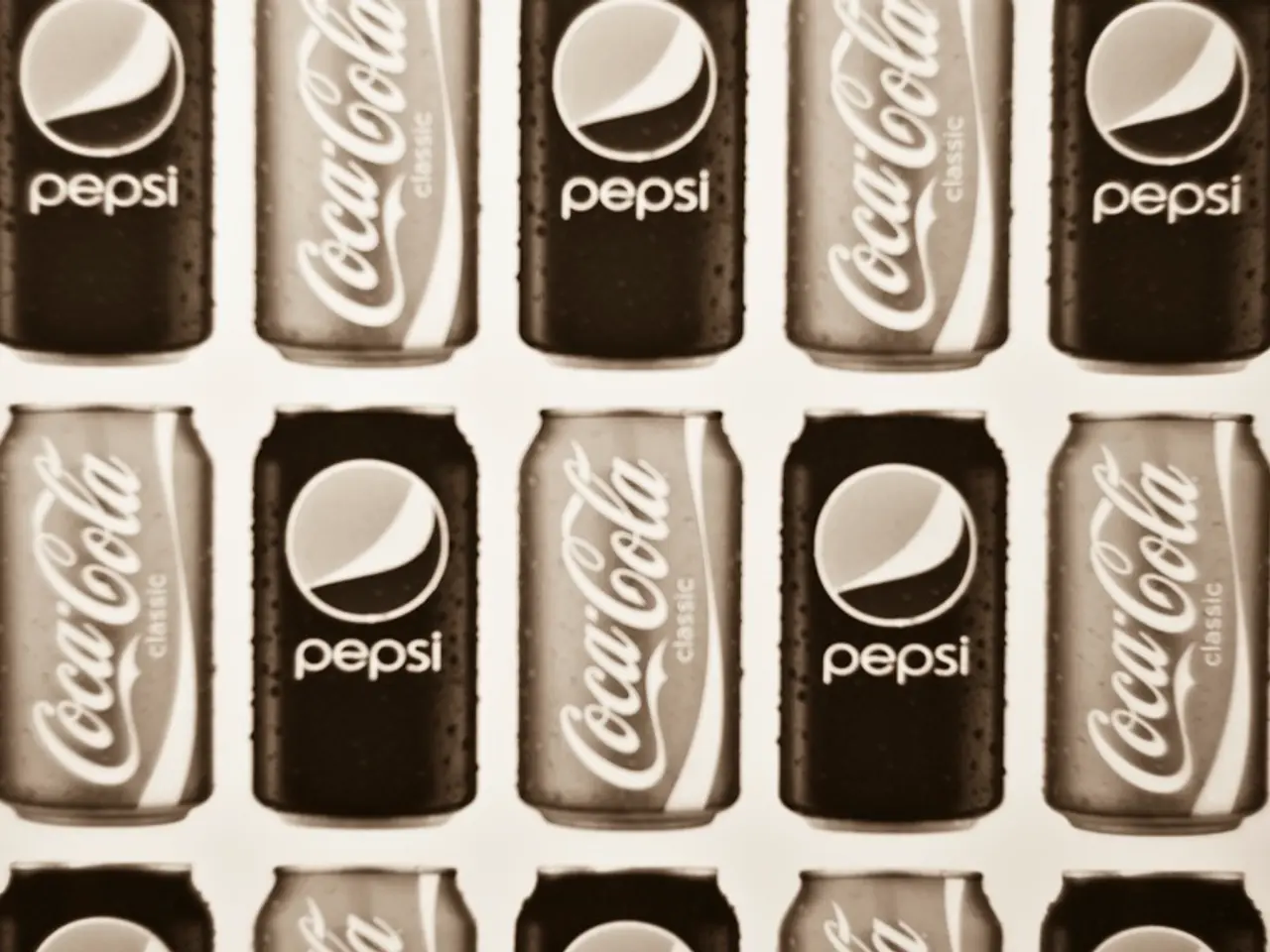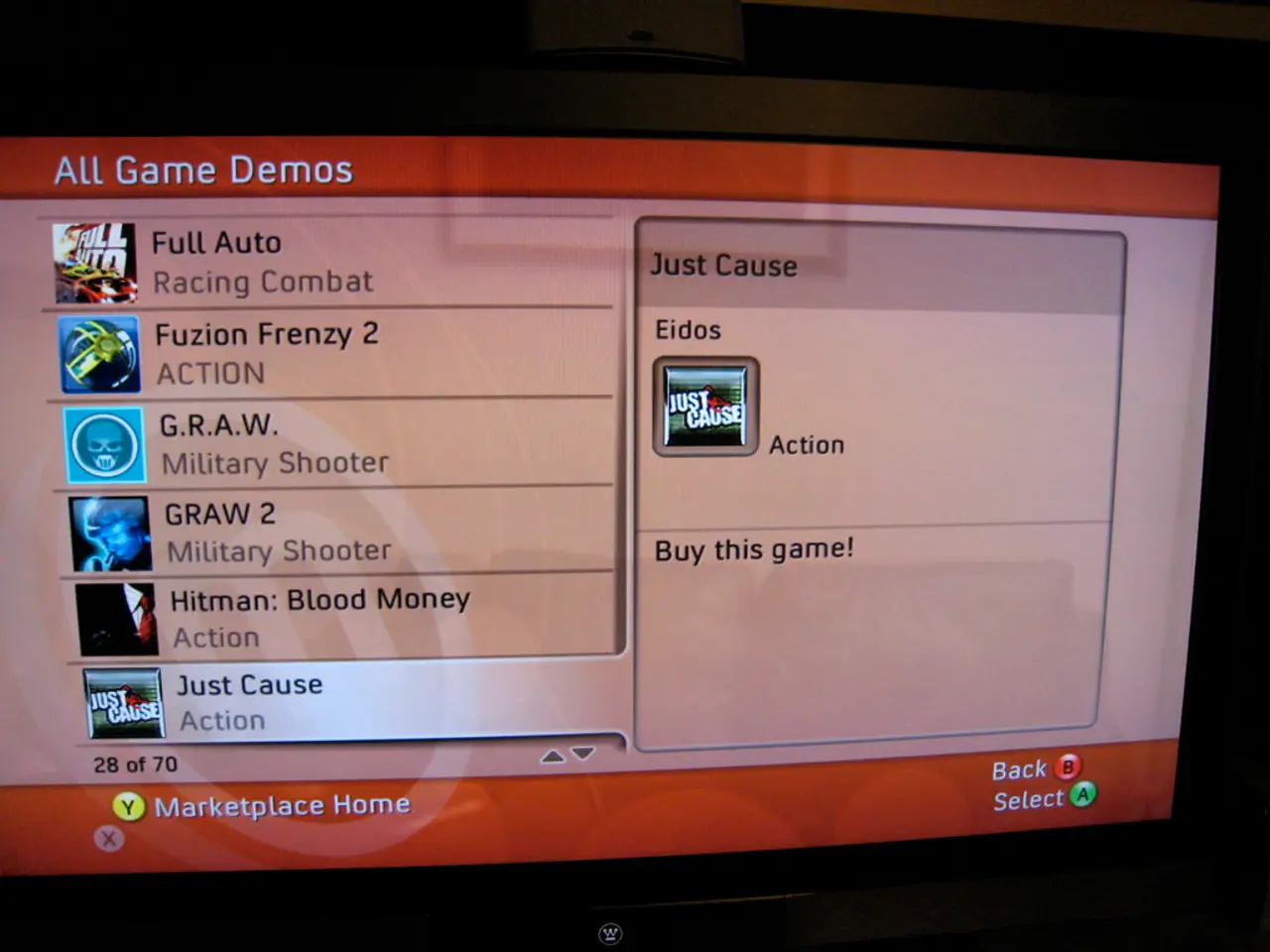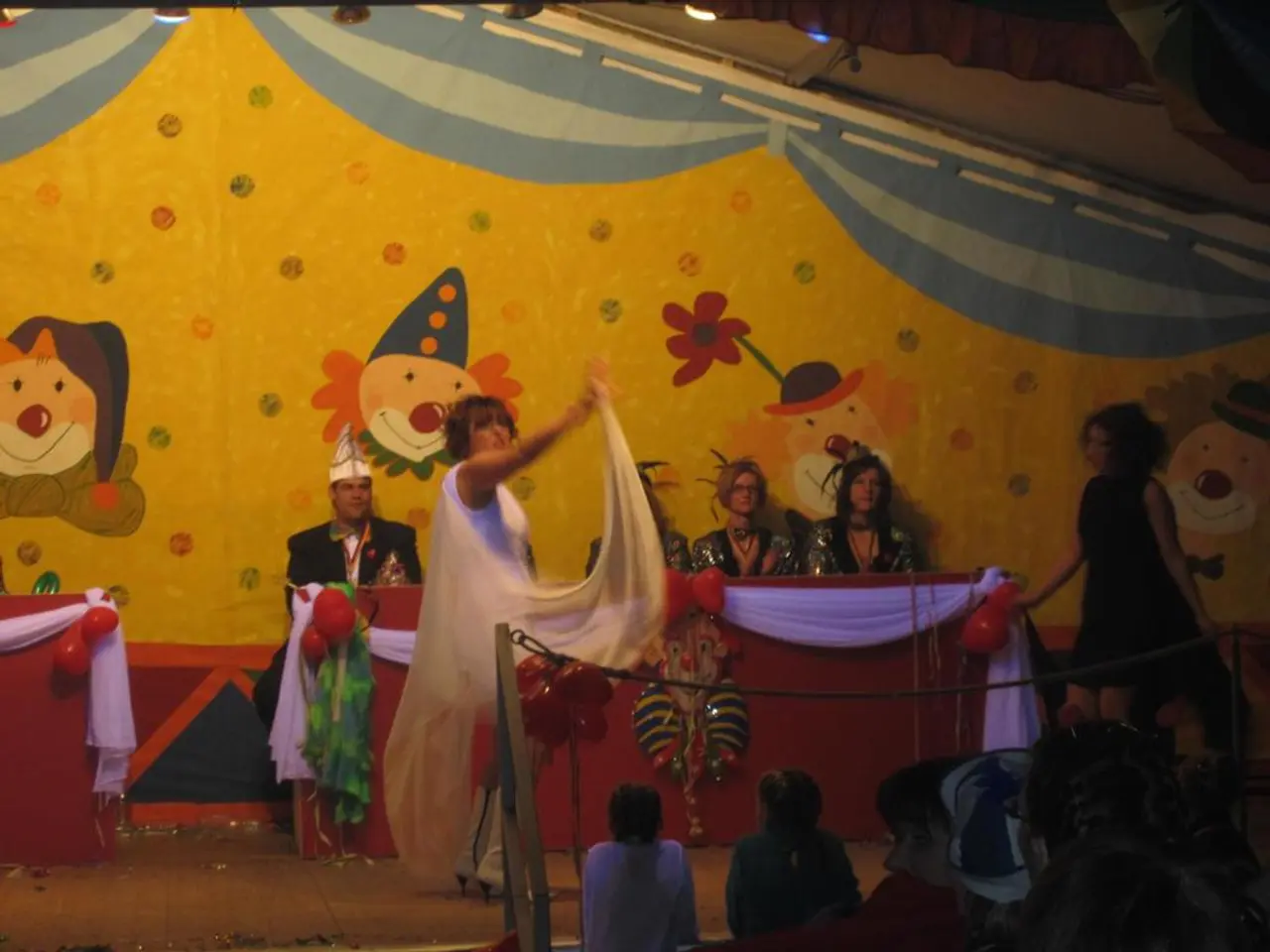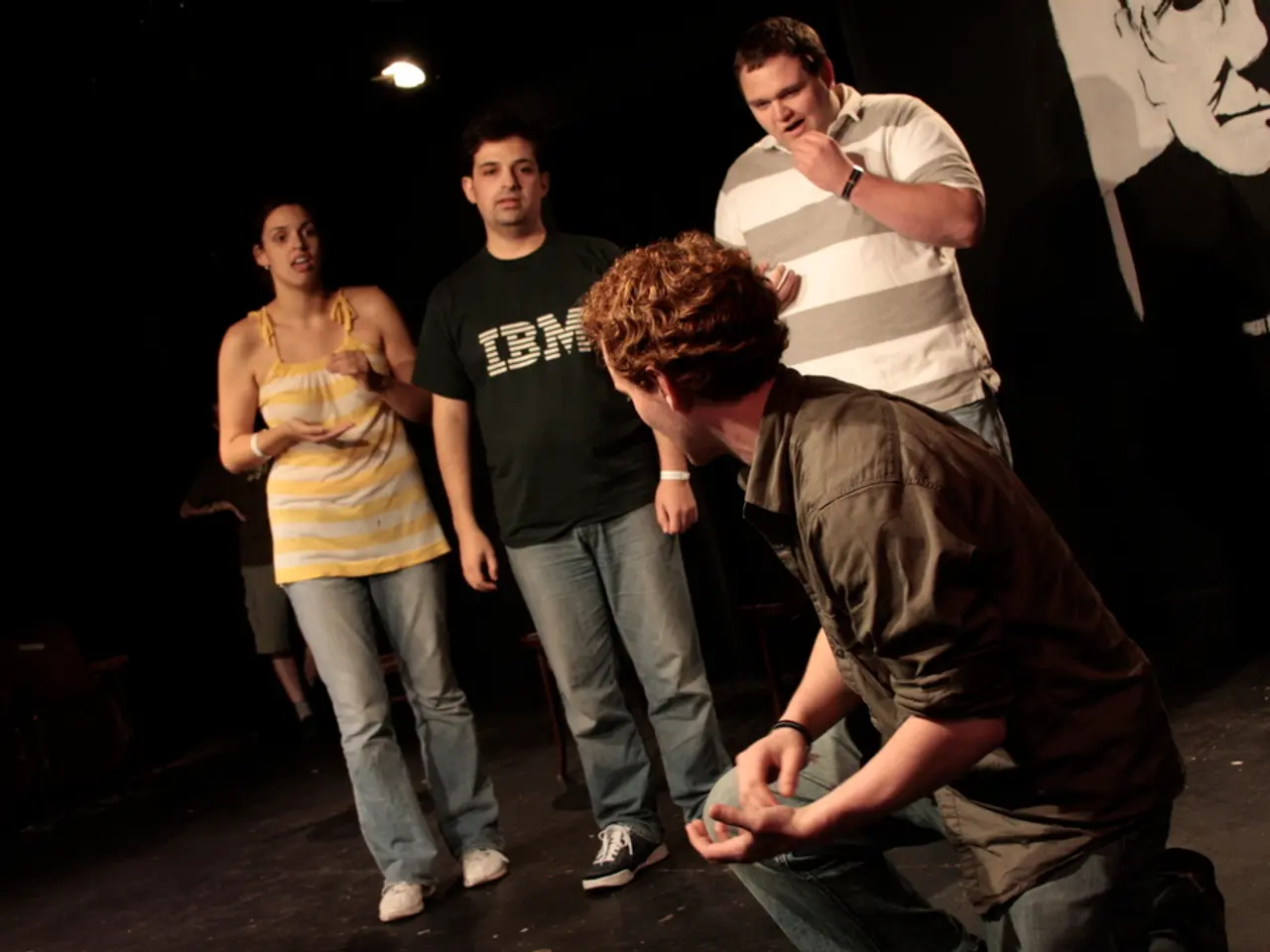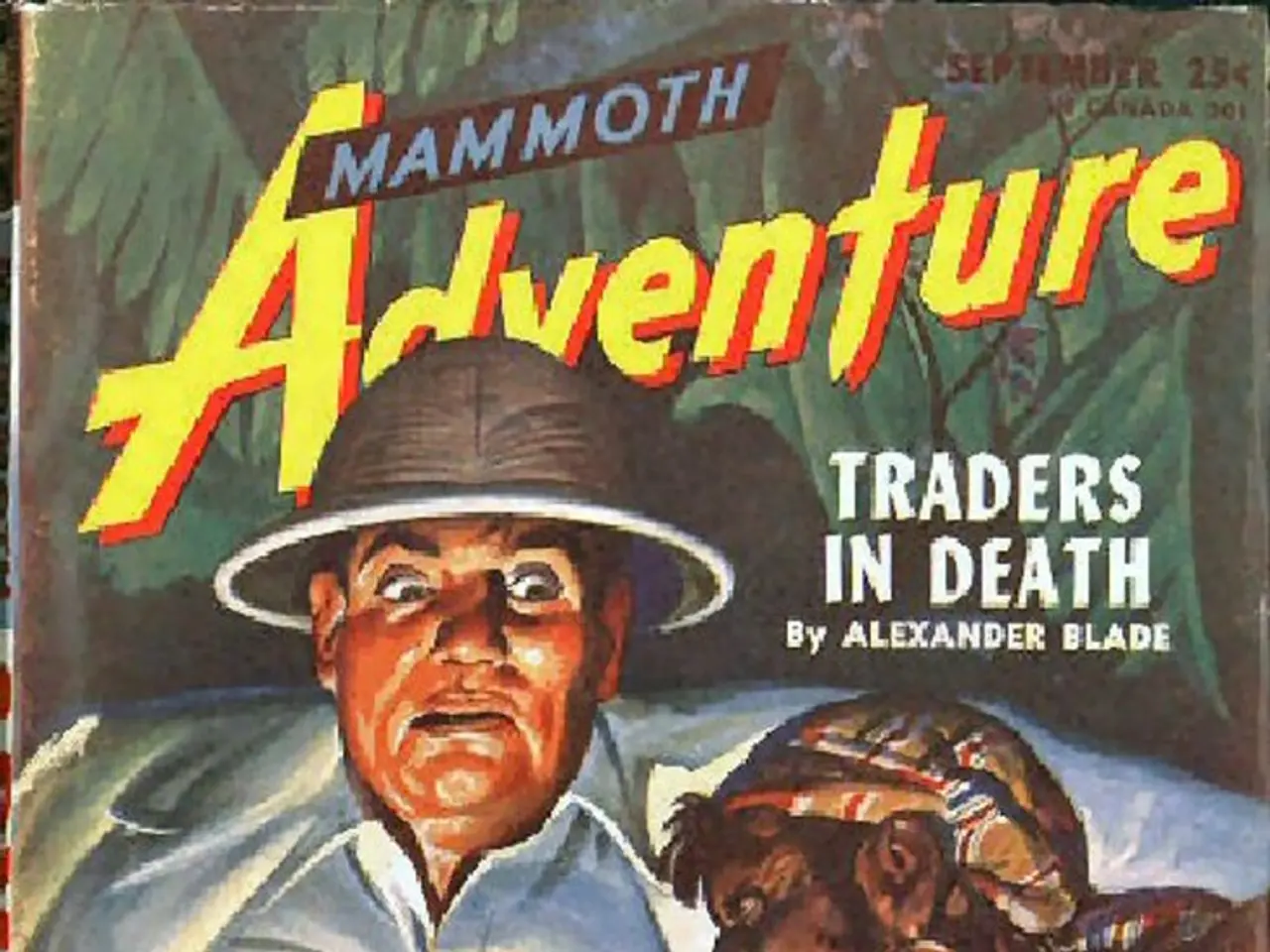Competition arises with the entrance of Palestinian soft drink companies aiming to rival Coca-Cola within their territory.
In the Middle East and North Africa (MENA) region, a significant boycott against Coca-Cola and related brands is ongoing. According to recent reports, 53% of consumers in the region are participating in this boycott, largely motivated by the ongoing Israeli-Palestinian conflict and perceptions of Coca-Cola’s complicity with Israeli occupation policies.
The boycott against Coca-Cola, which was enforced by the Arab League from 1966 to 1991, has persisted, fueling calls for consumer resistance against the brand. One of the main reasons for the boycott is Coca-Cola's factory in Palestine, which is owned by an Israeli company and located on territory considered illegally occupied by Israel.
In response to this boycott, alternative Palestinian-owned soft drink brands have emerged and gained recognition. These brands include Palestine Drinks, a notable Palestinian-owned company positioning itself as a local alternative to multinational soda brands like Coca-Cola.
Mohamed Kiswani, the general manager of Palestine Drinks, has highlighted the consumer drive to choose Palestinian products over foreign ones linked to Israeli interests. The company sells between 3 to 4 million keffiyeh- and olive-tree-emblazoned cans of soda per month.
Other smaller Palestinian cola and soft drink brands have also been gaining traction as symbolic and economic alternatives, emphasizing support for local business and resistance to occupation-linked commerce.
For instance, Gaza Cola, launched by West Bank native Osama Qashoo in August 2024, offers an "apartheid-free" Coke alternative and raises money for the Al-Karama Hospital in Northern Gaza. The brand is well-stocked in more than 100,000 shops across the United Kingdom and is also sold online by Coop Allanza 3.0, one of Italy’s largest supermarket chains.
Chat Cola, another Palestinian-owned brand, has become a staple in the West Bank and employs about 150 individuals. Its PR and marketing manager, Ahmad Hammad, stated that supporting Palestinian products creates real economic opportunity.
The boycott against Coca-Cola, particularly in Palestine, remains active and significant as of mid-2025. As consumers continue to seek alternatives to multinational brands linked to Israeli policies, local Palestinian-owned brands like Palestine Drinks, Chat Cola, and Gaza Cola are providing viable and symbolic choices.
| Issue | Details | |-------------------------------|------------------------------------------------------------------------------------------| | Boycott status | Ongoing, with 53% of MENA consumers boycotting Coca-Cola related brands (July 2025) | | Reason for boycott | Perceived complicity of Coca-Cola with Israeli occupation; factory ownership in occupied territory | | Palestinian alternative brands | Palestine Drinks, Gaza Cola, and Chat Cola |
- The boycott against Coca-Cola in the MENA region, fueled by the Israeli-Palestinian conflict, has led to a surge in popularity for Palestinian-owned alternative soft drink brands.
- One of these brands, Palestine Drinks, has gained significant recognition as a local alternative to multinational soda brands like Coca-Cola.
- Mohamed Kiswani, the general manager of Palestine Drinks, has praised consumer efforts to choose Palestinian products over foreign ones linked to Israeli interests.
- Another Palestinian-owned brand, Gaza Cola, offers an "apartheid-free" Coke alternative and donates proceeds to the Al-Karama Hospital in Northern Gaza.
- Chat Cola, yet another Palestinian-owned brand, has become a staple in the West Bank and employs around 150 individuals.
- In response to the boycott, consumers are increasingly seeking alternatives to multinational brands linked to Israeli policies, creating opportunities for local businesses.
- The emergence of these brands signifies not only economic resistance but also a statement of identity and political stance against occupation-linked commerce.
- In addition to soft drinks, the boycott has also influenced segments of the fashion-and-beauty, food-and-drink, and entertainment industries, with consumers opting for products that align with their values and beliefs.
- On social media, activists have mobilized support for the boycott, using popular hashtags to spread awareness and encourage others to join.
- The boycott has extended to various aspects of life in the region, with political, pop-culture, and general-news outlets also addressing the issue.
- As the boycott against Coca-Cola continues to gain momentum, it has become a powerful tool for social change, demonstrating the impact of grassroots movements in shaping consumer behavior and encouraging sustainability and solidarity.
